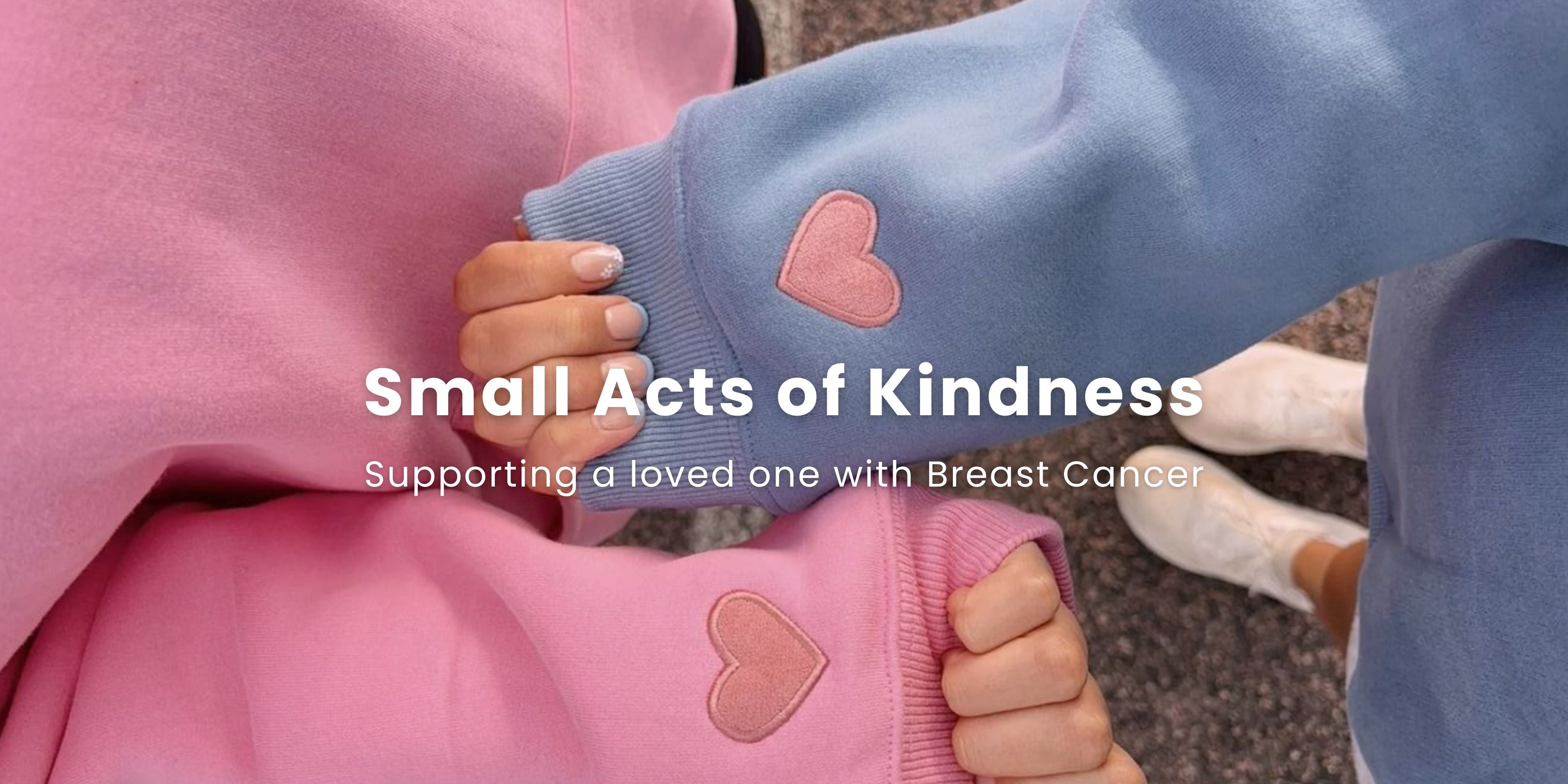
Have you been bitten by the spring cleaning bug yet? Are you ready to make the inside of your house look as fresh and bright as the outside? There are many ways to make our homes look squeaky clean. But few of us give much thought to how our cleaning habits impact the environment we live in.
So before you begin your annual spring cleaning ritual, why not take a moment to read these 5 eco-friendly cleaning tips that will make both your home and the earth cleaner and greener?
Clean Green This Spring With These 5 Tips
- Ditch Disposable Cleaning Cloths
Since most disposable cleaning cloths contain synthetic fibres which are slow to degrade, they end up overloading landfills and thus contribute to the numerous environmental problems caused by them.
Rather use microfiber cloths, which have long lifespan and are extremely easy to clean and disinfect.
- Dispose of Hazardous Household Products Safely
Items such as broken light bulbs and old batteries often contain dangerous metals like mercury and cadmium. So it’s best to drop these off at your local recycling station, as they can pose serious concerns to the health of both humans and ecosystems if they aren’t disposed of correctly.
- Freshen Your Air Naturally
Instead of opting for a plastic-housed air freshener that contains a cocktail of chemicals which you’ve probably never heard of, why not trust nature to purify your air for you? Plants naturally filter and freshen air. So consider getting some easy-to-care for houseplants, such as Chrysanthemums or Begonias, if you want to improve your indoor air quality.
- Spare The Vacuum Cleaner
While vacuum cleaners may save your back, they certainly aren’t saving the planet with their electricity consumption. On average a vacuum cleaner typically uses around 1000 watts of electrical power, which may not seem like a lot, but over extended periods of cleaning it all adds up.
Try sweep wherever possible and only bring out the vacuum cleaner when you really need it.
- Try Your Hand At Homemade Cleaners
Although there is a lot of conflicting evidence on whether the chemicals used in common household cleaners are in high enough concentrations to harm the environment, it’s best to err on the side of caution and make your own cleaners using natural ingredients such as lemon, bicarbonate of soda and vinegar – these eco-friendly ingredients are just as effective at tackling tough cleaning jobs and are much more cost effective.
If you enjoyed these eco-friendly spring cleaning tips, and would like to read more about green living and eco-wellness, then be sure to scroll down to the bottom of this page and join our mailing list!
You may also like

Black Friday is almost here - stores are getting ready, deals are dropping, and our inboxes are filling up fast. But at Boody we believe November shouldn’t just be about rushing to buy more. It’s a...

When a loved one is diagnosed with breast cancer, it can be hard to know what to do or say. You want to help, but the journey is so personal that it’s natural to feel unsure. The truth is support d...

October is Breast Cancer Awareness Month When you think about breast cancer recovery, what comes to mind first? For many, it’s the treatments, the check-ups, or the support of loved ones. But...






Leave a comment
All comments are moderated before being published.
This site is protected by hCaptcha and the hCaptcha Privacy Policy and Terms of Service apply.